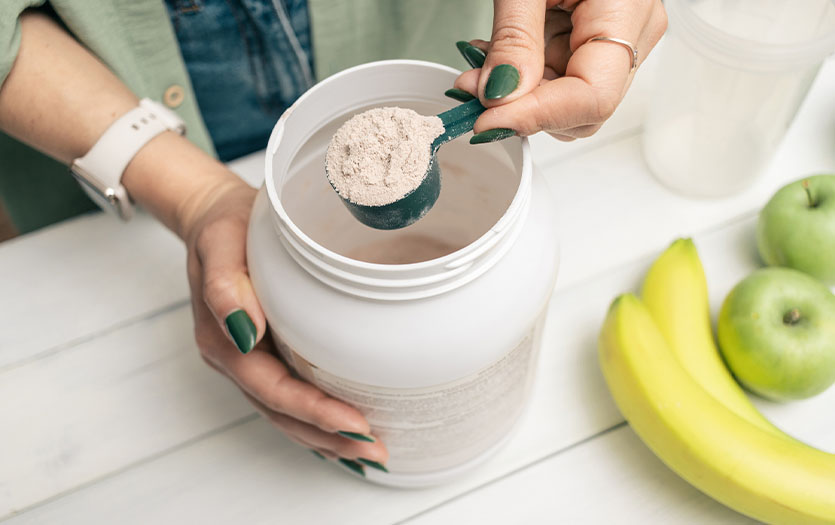
A series of studies recently published in The New England Journal of Medicine – the ASCEND, ARRIVE and ASPREE studies – led to some confusion among those who include baby aspirin as part of their daily medication and supplementation regimen. We sat down with William Wilson, MD, Parkview Heart Institute, PPG – Cardiology, to clarify what these studies mean for cardiology patients and the general population.
The confusion comes from the fact that there is a huge distinction between the recommendation for those with heart disease and the recommendation for those without heart disease. We define heart disease as anyone who has had an episode, such as a heart attack.
Primary prevention vs. secondary prevention
To decipher between the studies, it’s important to know the difference between primary and secondary prevention. A person who has, potentially a few risk factors but has not had a heart attack or heart surgery, would be taking baby aspirin as a means of primary prevention to prevent a first heart attack or first stroke. A patient who has had a heart attack, stroke or heart surgery would be taking it for secondary prevention, or to prevent recurrent heart attack or stroke. These two uses are very different.
Taking a closer look at the studies
That key distinction is so important, and it can often get lost in the media. When publications present studies, the public doesn’t always understand the population being represented.
Several years ago, some studies came out and it was a popular belief among cardiologists that everybody should be taking baby aspirin for primary prevention. In those studies, done in the 1980s and ‘90s, they looked at aspirin as a measure of primary prevention for patients who had risk factors but no heart disease or symptoms. Those trials showed a very small advantage from using aspirin in preventing a first attack or first stroke. They also showed there’s a downside to aspirin. Aspirin can cause bleeding, because it’s an anti-platelet agent (it makes it so that platelets don’t clump together as well). People who take aspirin are more susceptible to GI bleeding or a bleeding ulcer. Since people don’t often die from this type of bleeding, all of the attention from those studies went to the slight mortality benefit for the heart.
During that time, there were three factors to consider: 1) A lot more people were smoking, 2) The treatment of high blood pressure was not as aggressive, and 3) There was a far lower use of statins and cholesterol control like there is now.
Consequently, doing these trials now is a different animal, because the absolute incidence of bad health events is lower overall. There are so many things we do to manage health today that we didn’t do then. For example, in the recent three studies, more people are on statins, a lot less are smokers, and fewer people are living with uncontrolled hypertension. In the recent studies, the bad health events were less than the studies done in the ‘80s and ‘90s. People’s health is better. We’re taking better care of patients and they’re taking better care of themselves. All of this produces different results in the studies.
Understanding the new data
Now, researchers are seeing that there’s no mortality benefit to taking baby aspirin for primary prevention, but a lot more bleeding. If we give healthy people in their 60s or 70s a baby aspirin a day, we’re not helping them. We’re causing a higher risk of bleeding without any benefit.
The ASCEND study included an elderly population who had diabetes, which is a big risk factor for coronary disease. The people in the ARRIVE study had multiple risk factors, and were considered at moderate risk, but didn’t have heart disease. The risk of death from all causes in those two studies was similar with or without aspirin. In the ASPREE study, which included people 70 or older, who had never had heart disease, they compared baby aspirin to a placebo and the all cause death was higher with those who took aspirin.
Is baby aspirin for you?
The answer is yes, for those who have heart disease. In secondary prevention, if you already have heart disease, aspirin reduces the risk of a second heart attack by 31 percent and stroke by 22 percent. If you are taking baby aspirin for secondary prevention and stop taking it, it increases the risk of a second heart attack by about 60 percent. The bleeding risk is still there, but the benefit outweighs the risk.
Managing the risk factors
When it comes to managing the risk factors, there are things people can do for primary prevention outside of taking a baby aspirin. For example, taking a statin to address cholesterol. Patients should watch their weight, get the recommended amount of exercise, watch their blood pressure and eat a heart healthy diet.
Above all else, always talk to your physician before you adjust any medications. They will be able to go through the risks and benefits and help you arrive at a regimen you feel comfortable with that provides the most benefit.



